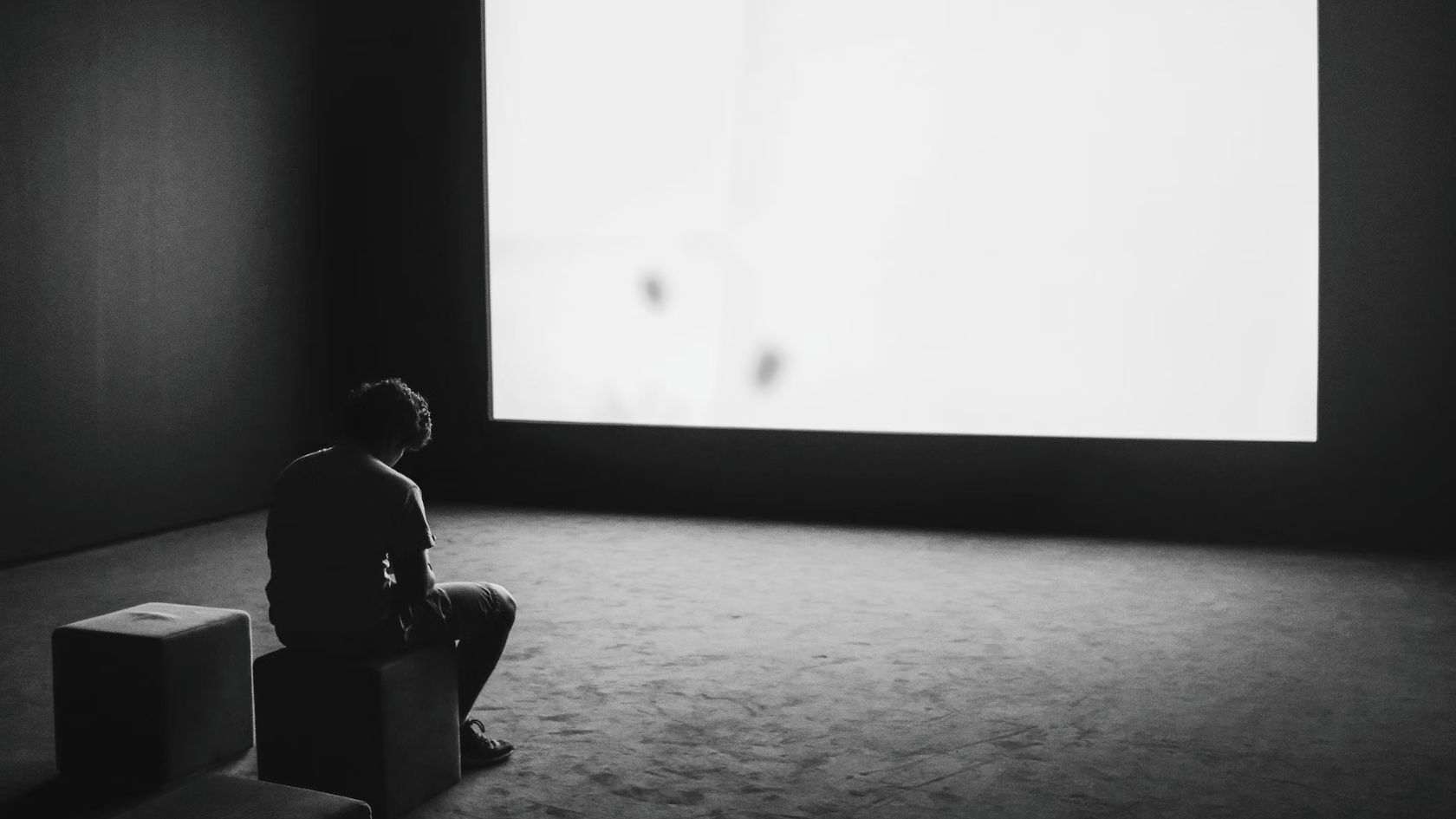Who has never felt the annoyance of not having taken part in something unique, in the celebrations for a World Cup victory, a once-in-a-lifetime concert, a dream vacation? Driven by social platforms, there are even more opportunities to compare our experiences to those of others. Welcome to the era of FOMO.
There are times when our lives seem to flatten out. Maybe we are very busy and full of work but we do not live great experiences, stuck in a daily routine that is often not very exciting. Meanwhile, outside the world is turning and it seems that for others things are not like that.
We could find ourselves on Instagram scrolling through the stories of friends and acquaintances, in wonderful places we have never visited, at a work event, at the award ceremony for a job or in that restaurant by the sea.
It is at that moment that we begin to feel a strange fear, as if our life is slipping away from us. Here we are fully immersed in FOMO.
The fear of not living to the fullest
The fear of missing out on something (Fear Of Missing Out), of being cut off from a narrative, can manifest itself as a slight annoyance or accompanied by frustration that over time can also lead to depressive states. The feeling of not sharing a particular occasion or exciting experience with the rest of the world causes discomfort and disturbs our emotions. This phenomenon, increasingly common in the age of hyperconnection, can have a significant impact on everyday life and self-perception in relation to the social system of reference.
Anyone can experience this particular feeling, without gender or age differences., although normally its impact is heavier at some stages of life than others, particularly during adolescence or at times when we need validation from others.
Good practice would be to start making fewer comparisons between us and others, accepting that every life is unique, understanding that from the outside many apparently happy situations could hide a lot of unhappiness but also finding serenity in disconnection.
FOMO in the Age of Confrontation
The idea of missing a good moment is not an exclusive thought of the contemporary age, but only in recent decades has it become a relevant concept due to the changes that have taken place in the social sphere. In fact, it is only since 1996, the year in which Dan Herman identified the problem in his own research, that the attention paid to this phenomenon began to grow, and then exploded with the advent of new digital technologies.
With the spread of social media, in fact, FOMO has emerged clearly due to the acceleration brought by the context of continuous confrontation that characterizes social platforms made up of overexposure to our lives. Everything has to be Instagrammable, every pasta dish, every makeup, every outfit, every skill. With TikTok, all this comes to be practically a job for many young people around the world. The sense of everyday life is distorted leading to the belief that we live a monotonous life compared to that of other people online.

FOMO and adolescence
A study published in Psychiatry Research has shown a correlation between FOMO and the widespread use of smartphones and social media, as well as linking it to anxiety about other people’s evaluations and negative effects on mood.
Adolescents seem to be particularly vulnerable to its effects. Watching friends and other peers share their experiences can trigger confrontation and generate deep discouragement, contributing to the development of disorders such as anxiety, depression and low self-esteem.
FOMO can even spur you to take risky actions that you would otherwise avoid, just to have a minute of fame. In a full phase of growth, development and definition of their own identity, younger users may be inclined to act without fully considering the potential long-term consequences
From FOMO to the Joy Of Missing Out
From the discussions related to this phobia, a mirror concept has also begun to emerge. JOMO (Joy of Missing Out) is not simply an alternative to social media: it has the power to transform one’s relationship with the digital world and with physical reality.
Experiencing JOMO leads to embracing the present moment, relieved of the burden of always having to be present at major events or be well informed about the latest trend topics. It’s about getting back to appreciating the little joys of life, taking a break from the constant digital stimuli, and focusing on the beauty of simplicity. It is the pleasure of spending time with oneself, devoting oneself to personal interests and listening to one’s own needs, rather than chasing those of others.
This philosophy promotes greater personal satisfaction by encouraging awareness of one’s emotions. It doesn’t necessarily involve constant joy, but rather a balance between moments of introspection and gratitude for what you’re experiencing. JOMO teaches that you don’t have to be constantly connected or participate in every event or trend to lead a fulfilling life.

3 practices to feel enough
Learning to appreciate one’s own experiences passes through some practices that can be implemented in everyday life. Here are some points to reduce external pressure and regain attention for a moment with yourself.
Sensory sensitization
FOMO leads us to fill our days with activities and appointments, but without having time to reflect on what we are experiencing. Focusing on the small sensations around you, such as listening to the sound of rain on the roof, perceiving the freshly baked scent of bread, or feeling the breeze on your skin, allows you to be present in the moment.
Give up multitasking
Sometimes it feels like you don’t have time to do everything you want to do and keep up with others, ending up immersing yourself in multiple situations at once. This behavior prevents you from grasping the different sensations that each occasion brings with it. Lining up your activities, rather than overlapping them, allows you to experience each activity to the fullest. In this way we could also discover the serenity that any daily action leaves us.
Mindful breathing
Breathing is a blanket automatic. So why pay attention? It might seem like a waste of time and represents one of the most complex practices to implement. A pause to focus on breathing, inhaling and exhaling deeply, can promote relaxation, reduce stress, and increase awareness of the present.

Digital well-being passes through JOMO
Turning fear into joy requires a change in mindset and the adoption of daily practices to fully appreciate the present moment. JOMO teaches us to disconnect from digital confrontations, embrace simplicity and rediscover the joy of living our authentic lives.
Knowing methods to rediscover the depth of small experiences is a fundamental activity within our training courses. As Digital Detox Design we are committed to disseminating and sharing the possibility of a balance between online and offline.
If you want to learn more about the topic, do not hesitate to contact us.
